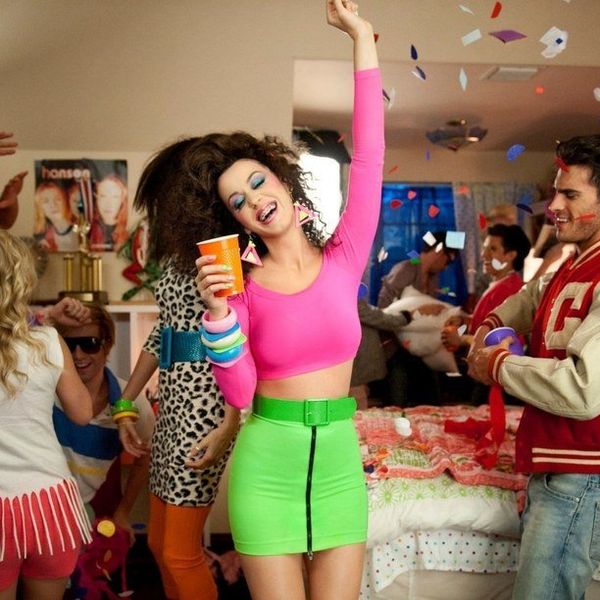It was an ordinary Friday night, the kind that breathes an air of liberating freedom that the week is finally over. You hit the local bar with your friends, the night is young, and there's an implicit pact that it's going to be a fun-filled one. You're in good spirits, drinks are pouring, laughter is echoing, and then... next thing you know, it's Saturday morning. You wake up in your own bed (thank goodness) with a throbbing headache and absolutely no memory of how you got home. You, my friend, just had a brush with 'blackout drinking.'
Blackout drinking is not exactly a subject to be taken lightly, despite its occurrence in so many 'funny' morning-after stories. To put it simply, it’s drinking to the point where your brain just sort of... checks out. It's like when your computer goes into sleep mode - the lights are on, but nobody's home. In this state, you're still capable of doing things (like getting yourself home, apparently), but come next morning, you're drawing a blank.
It's important to note that not all blackouts are created equal. There are actually two types of alcohol-induced blackouts: partial (also known as "brownouts") and complete. During a brownout, you may forget bits and pieces of your night. You might not remember that embarrassing dance-off you challenged your friend to, but the vague memory of the bar's neon lights may linger. Complete blackouts, however, are a whole different ball game. They're when your memory goes completely AWOL. You don't remember anything, nada. You might have carried out full conversations, danced like nobody's watching, or even paid your bar tab (fingers crossed), but your memory of these events is completely MIA.
The science behind blackout drinking is both fascinating and sobering. When you consume alcohol, it affects the hippocampus, the part of your brain responsible for forming new memories. Drink a lot quickly, and it can temporarily shut down the hippocampus's ability to do its job, leading to memory blackouts. Pretty cool, huh? Well, not really, especially when you consider the potential risks and consequences that come with it.
Now, I’m not here to be a buzzkill, but it’s crucial to understand the risks that blackout drinking can present. Aside from the obvious dangers, like bad decisions and accidents, repeated instances can signify an unhealthy relationship with alcohol. Long-term, heavy consumption can lead to serious health problems, including an increased risk of developing an addiction or a variety of physical and mental health issues. Moreover, alcohol's effects can be unpredictable, and what's a blackout for one person might be way, way worse for another.
To delve deeper into the effects and risks associated with blackout drinking, you'd have to uncover the science behind it, the factors influencing its likelihood, and ways to prevent it. But remember, the best anecdote isn't the one that ends with, "I don't remember a thing," but the one that concludes, "And we had a blast, and we all got home safe."
At the end of the day, it's about drinking responsibly and knowing your limits. It's about understanding that alcohol, while a social lubricant for many, can, in excess, lead to consequences that are anything but fun. So the next time you're out celebrating the end of another work week, remember to pace yourself. Your brain, your body, and your dignity will thank you in the morning.





















